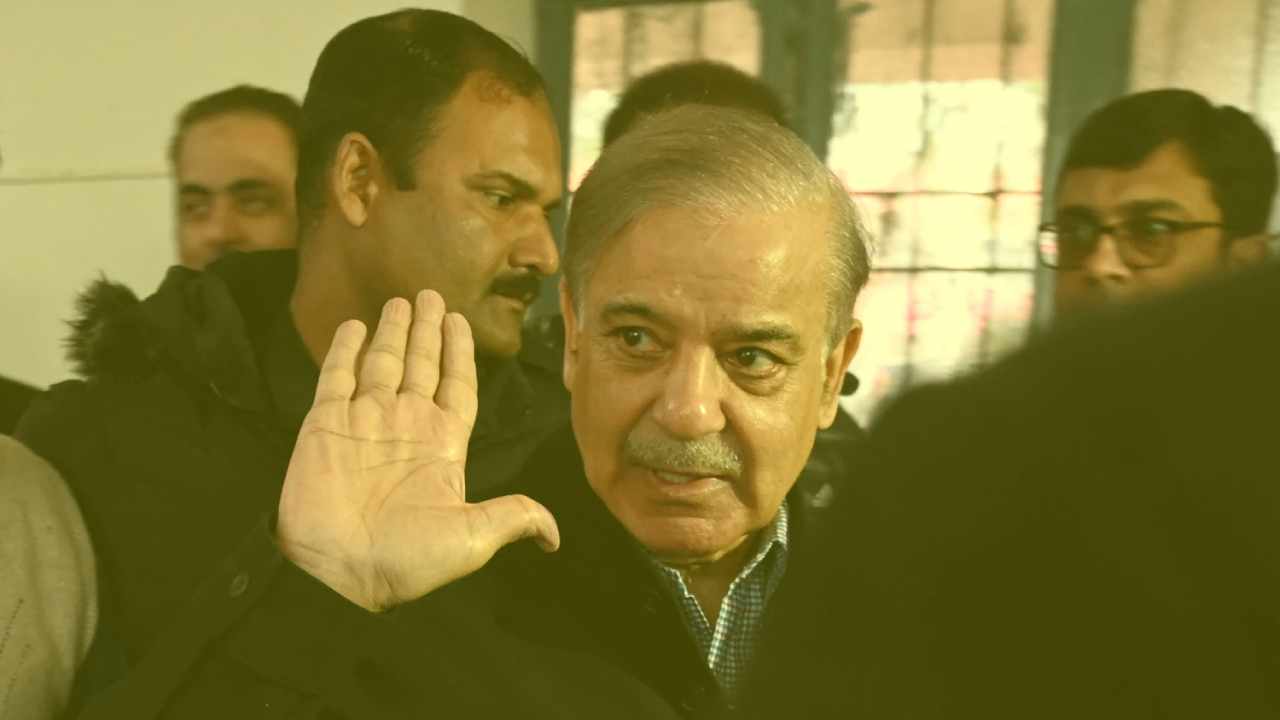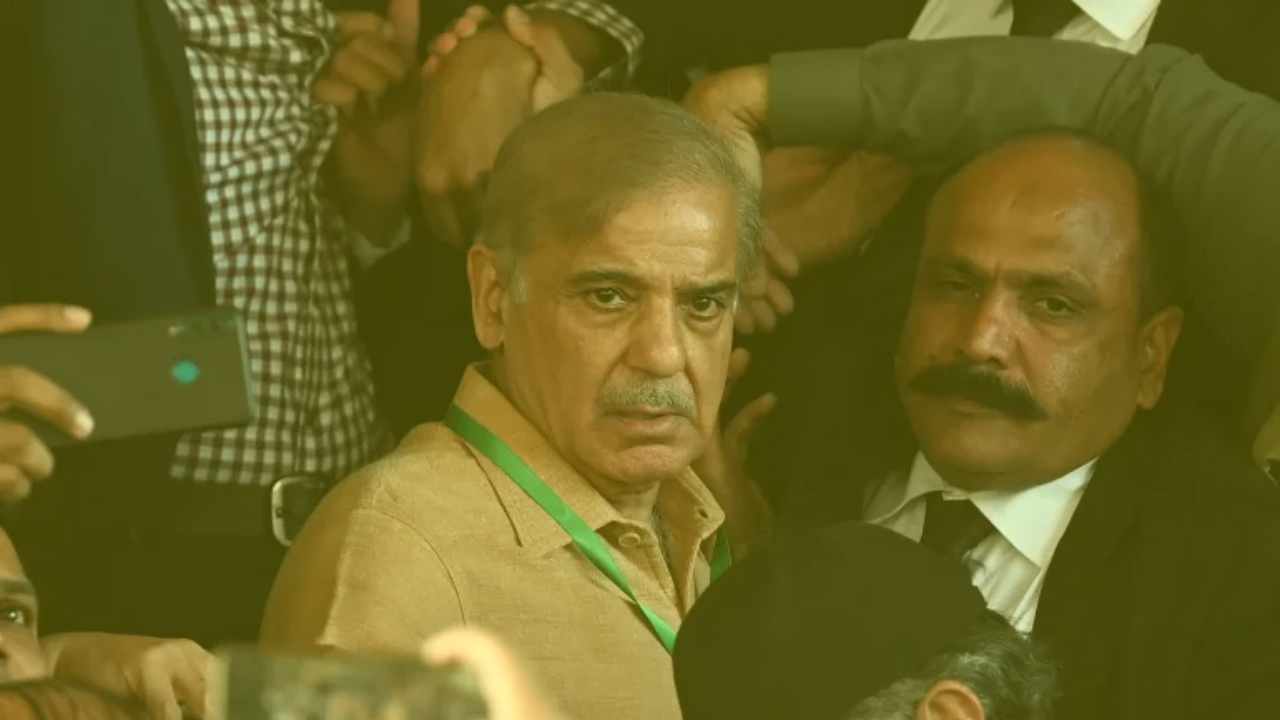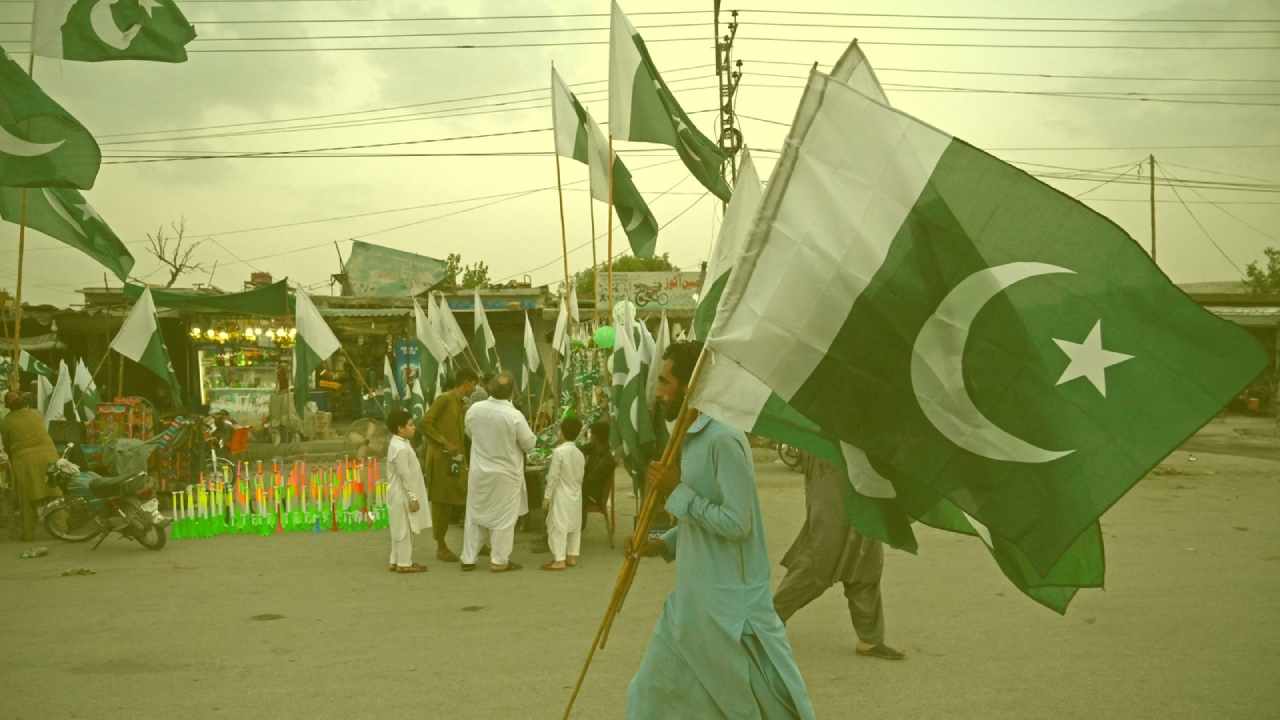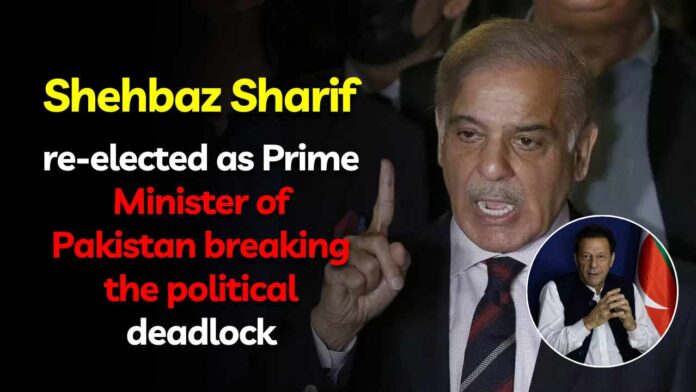Pakistan’s National Assembly recently elected Shehbaz Sharif of Pakistan Muslim League-Nawaz (PML-N) as the country’s 24th Prime Minister, resolving the political impasse following the inconclusive results of last month’s national elections.
Shehbaz Sharif Election Result

- Shehbaz Sharif secured 201 votes defeating PTI-backed candidate Omar Ayub Khan, who got 92 votes.
- The election marks the end of the caretaker government’s term since the dissolution of Parliament in August.
Political Background

- Shehbaz Sharif served as the first PM after Imran Khan was ousted from power in 2022 and formed a coalition government during a challenging period.
- Despite PML-N not getting majority, it demonstrated its political strength and formed the government with the support of other parties.
- Then Sharif, a member of the Pakistan Muslim League-Nawaz (PML-N) party, returned to power for a second term.
- His victory came amid protests and sloganeering by allies of jailed former Prime Minister Imran Khan, whose party has alleged voter fraud.
Vision for the future of Pakistan

- Expressing confidence in the country’s ability to progress, Sharif pledged to resolve Pakistan’s financial challenges.
- He stressed the need for unity among different sectors of society, including journalists, intellectuals, politicians and religious leaders, to overcome obstacles and lead Pakistan towards prosperity.
- Despite forming a government, Sharif faces immediate political challenges, including opposition protests and allegations of electoral irregularities.
- Compounding Pakistan’s economic crisis, Sharif has prioritized securing a new loan from the IMF to keep the economy afloat.
Debt crisis and economic recovery
- Sharif highlighted Pakistan’s worrying debt crisis and advocated deep systemic reforms to achieve self-reliance and prosperity.
- He stressed the importance of decisive action and cooperation with political counterparts to implement necessary reforms and secure Pakistan’s economic future.
- Pakistan’s dependence on foreign loans underlines the urgency of securing new IMF loans, with the current program set to expire soon.
- Sharif’s past role in securing IMF loans and implementing unpopular economic measures highlights the economic complexities
Government.
Gratitude and Appreciation
Voting to elect Pakistan’s new Prime Minister is set to commence in the Pakistan’s National Assembly following last month’s elections, which resulted in a divided mandate. #ShehbazSharif and #OmarAyub are the contenders for the Prime Ministership.
The session began amidst… pic.twitter.com/1AcpIfSRyP— Ravinder Singh Robin ਰਵਿੰਦਰ ਸਿੰਘ رویندرسنگھ روبن (@rsrobin1) March 3, 2024
Following his victory, Sharif expressed his gratitude to his elder brother Nawaz Sharif and coalition partners for their support and confidence in his leadership.
conclusion:
The re-election of Shehbaz Sharif as Prime Minister of Pakistan marks a significant moment in the country’s political landscape, the culmination of efforts to break the impasse and pave the way for governance. As soon as he assumes office, Sharif faces the difficult challenge of addressing Pakistan’s economic challenges while promoting unity and progress. The country looks forward to the swearing-in ceremony on March 4 as a symbol of Pakistan’s commitment to democratic governance and national stability under Sharif’s leadership.
Also Read – Fact Check: Debunking the Claim about Kid Rock and Jason Aldean’s Tour

